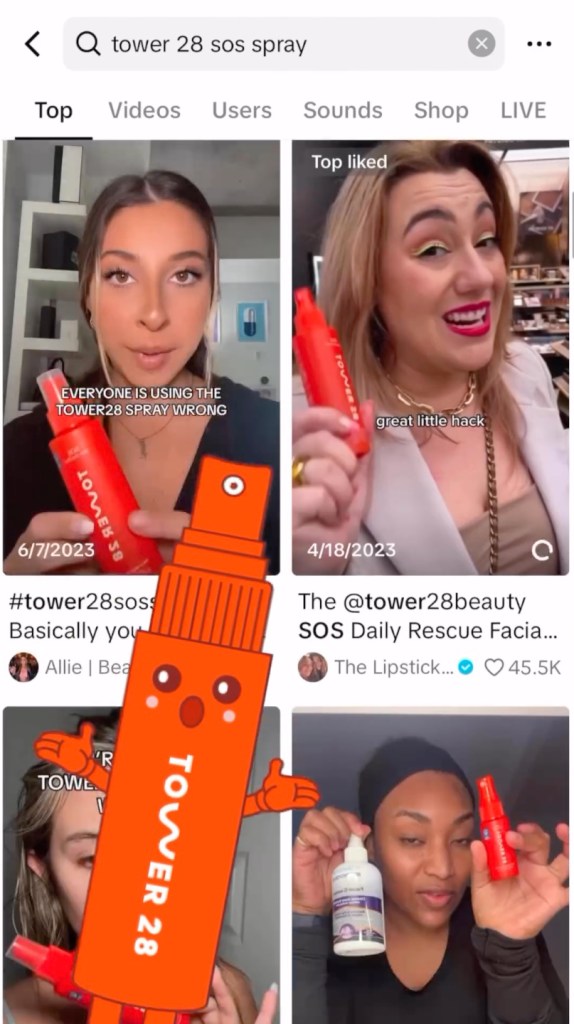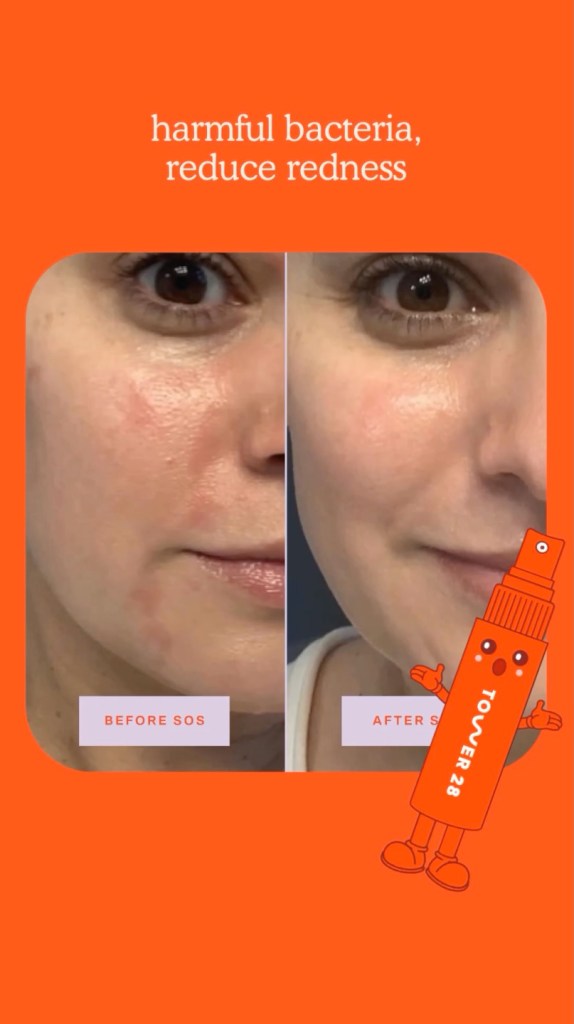Skincare-obsessed TikTok users — a lively community on the popular social media site, often referred to collectively as SkinTok — are always on the hunt for the latest and greatest acne treatment, and they’ve discovered a trendy new ingredient that actually isn’t new at all.
Hypochlorous acid sprays are their most recent obsession, even though hypocholorous acid has been popping up in skincare products for years, often seen in facial sprays, creams, serums and cleansers.
And not only has the ingredient been around — it’s something our body makes on its own.
“Hypochlorous acid is a substance that our bodies naturally produce within our white blood cells,” Azadeh Shirazi, MD, a board-certified dermatologist and founder of AziMD, told Byrdie.
The acid has antibacterial and anti-inflammatory properties — two SkinTok buzzwords that helped skyrocket the sprays to newfound popularity.
Because hypochlorous acid is “gentle on the skin and non-irritating” — and because it’s a naturally produced acid — it’s “generally safe for routine use without causing side effects,” Marisa Garshick, MD, a board-certified dermatologist of MDCS Dermatology, told Byrdie.
There is one stipulation, though, according to Garshick: “High concentrations (500 ppm) of hypochlorous acid can cause skin irritation, presenting as a red itchy rash.”
There are many benefits to incorporating hypcholorous acid into your skincare routine — other than the fact that it can help with acne breakouts, just like SkinTok claimed.
Hypocholorous acid is “helpful for those dealing with breakouts, and the spray formulation makes it a great option for post-workout,” Garshick shared.
Shirazi echoed this, saying that “it’s also great after workouts if you can’t wash your face right away.”

It can also help calm redness and inflammation, even out your skin tone and promote overall skin health since it works to repair the skin, Garshick explained.
Additionally, “Hypochlorous acid is a potent microorganism killer as its antibacterial and anti-inflammatory properties make it a great option for wounds and compromised skin,” Shirazi said, suggesting the product can be used on any skin abrasions, cuts or scratches.
In general, the low risk of side effects of hypocholorous acid makes it ideal for anyone with sensitive skin dealing with acne but deals with irritation from stronger acne-fighting ingredients.
While it’s great for sensitive skin, it can also work to address skin sensitivity as it repairs the skin as a whole.

Shirazi recommends introrducing hypocholorous acid into your routine by using it after cleanser but before your moisturizer, similar to a toner.
“Hypochlorous acid can be used one to two times per day, often after cleansing or throughout the day as needed,” Garshick advised.
However, it’s not recommended as a total replacement for salicylic or glycolic acid acne treatments.
“Generally those dealing with breakouts can still benefit from the use of other acne-fighting ingredients such as retinoids, salicylic acid, and benzoyl peroxide,” Garshick explained. “Acne is related to oil production, [so] the use of retinoids and salicylic acid to help address clogged pores can be important.”
Hypochlorous acid is “not an exfoliant like glycolic or salicylic acid, and it’s more gentle than other antibacterial ingredients like benzoyl peroxide,” Shirazi said.
But it’s still a great option for “someone who has sensitive skin and may be experiencing irritation from other acne treatments,” Garshick added.
The product “disinfects your skin to reduce inflammation and speed up the natural healing process, as bacterial colonization impedes healing,” Shirazi explained. “It’s also safe for use around the eyes.”














